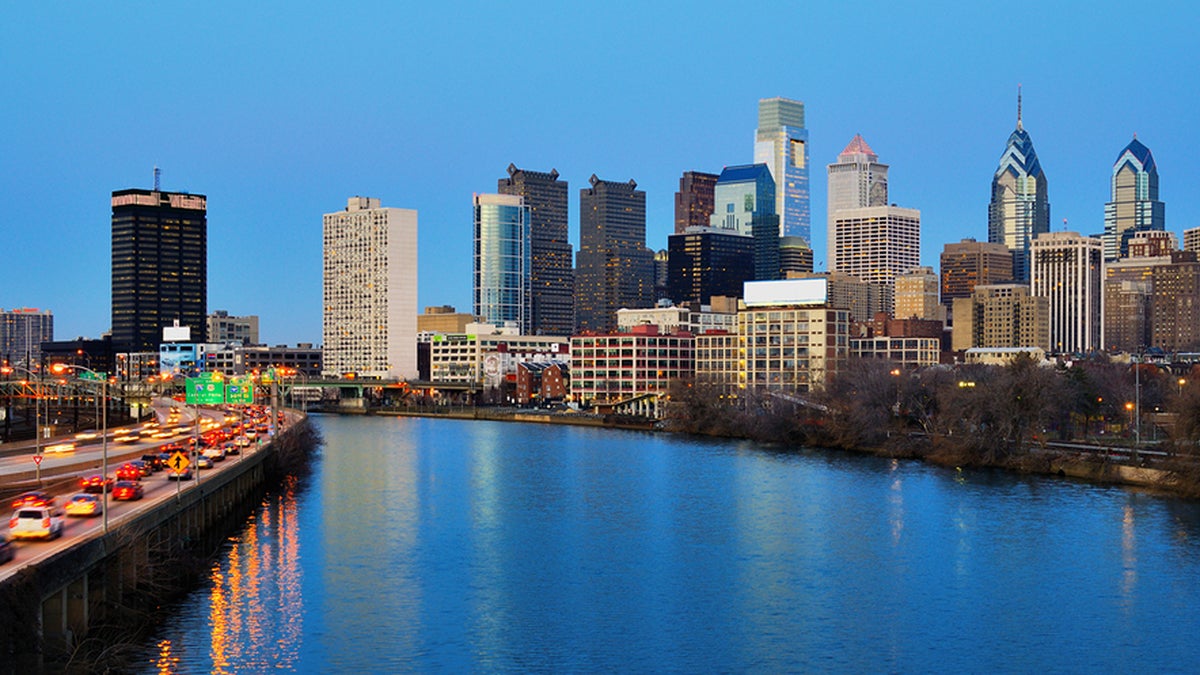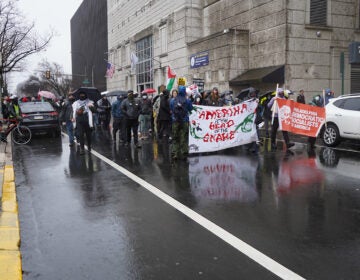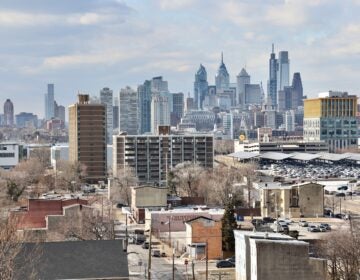Flexibility ‘here to stay’: Philly companies predict hybrid work is the future
The top reason for hybrid or remote work was, unsurprisingly, COVID-19 itself. The second most given reason was attracting and retaining employees.

(SeanPavonePhoto/Bigstock)
After the omicron surge dashed hopes of a quick return to normalcy, companies in Philadelphia’s downtown core remain uncertain about the future of in-person work, according to a new survey by the Center City District.
The nonprofit neighborhood organization surveyed 114 companies across Center City and University City, employing approximately 24,700 workers, in early January. One-quarter of those who responded were fully remote, while 15% were fully in person, with the remainder of respondents somewhere in the middle.
One of the main takeaways was the absence of a consistent approach. “Some firms feel very strongly in one direction, some feel very strongly in others,” said Paul Levy, president and CEO of CCD.
The top reason for hybrid or remote work was, unsurprisingly, COVID-19 itself. The survey period spanned the time when omicron peaked in Pennsylvania, driving coronavirus cases to their highest point of the pandemic and overwhelming some hospitals. More than half, but not all employers, had mandated vaccination for employees.
But the second most given reason was the “ability to retain existing employees and attract new ones.”
“No employer wants to come down with these draconian ‘Thou shalt be in the office five days a week’ and have a massive rebellion and lose all their employees,” said Levy. More than four million Americans have quit their jobs every month since July, according to numbers from the Bureau of Labor Statistics, a phenomenon that’s been dubbed the Great Resignation.
The third most cited reason was “continuing uncertainty about schools and child-care for parents.”
The biggest draw of returning to work in a shared physical space, according to those surveyed, was the “value of face-to-face meetings for collaboration with colleagues,” followed by “better ability to supervise and mentor staff & convey company culture,” and “professional development for all staff.”
The survey also asked employers about plans for the future. A slightly larger number said they would require at least some in-person work in early 2022 than had in late 2021, 37% compared to 33%.
But few were ready to commit to their existing approach for the long term. Only 8% declared that their current model, whatever it was, would be permanent. They were more certain that the future would be more flexible than the pre-pandemic past. The largest number, 45%, said their plans were “subject to change, but greater flexibility about work-from-home is here to stay.” Just one in five said their ultimate goal was to go back to a 5-day in-person work week.
This survey, while just one data point, fits into a larger trend around the future of downtown business districts. Another recent report, “Monitoring Philadelphia’s Economic Recovery,” also by CCD, suggests office workers are lagging behind tourists when returning to urban centers. Levy cautioned that without more office workers returning, many of the attendant jobs in cleaning and food service would not return, dragging down the entire local economy.
Foot traffic is still a little less than two-thirds of what it was pre-pandemic, with major differences between who is coming to Center City to work and who is coming for fun, according to that report.
The number of people traveling to the area to work increased by 51% between January and November 2021, “an indicator of a steady, though partial return to in-office work.” However, the number of people coming for other reasons, such as tourism, shopping or going out increased by 88% from January to December 2021.
Despite that trend, most businesses surveyed were not ready to commit to downsizing yet. Only 21% said they were seeking a smaller footprint. Past recessions prompted the conversion of some of Philadelphia’s commercial buildings into residential ones. Laboratory space for the City’s biotech and pharmaceutical industries is another growth area in Philly real estate.
However, Levy cautioned extrapolating too much of how businesses are thinking right now, considering how unpredictable the coronavirus pandemic has proven to be. “We did a survey way back in summer of 2020 where everybody thought it was going to be over by the fall,” he said.
WHYY is your source for fact-based, in-depth journalism and information. As a nonprofit organization, we rely on financial support from readers like you. Please give today.



![CoronavirusPandemic_1024x512[1]](https://whyy.org/wp-content/uploads/2020/03/CoronavirusPandemic_1024x5121-300x150.jpg)


